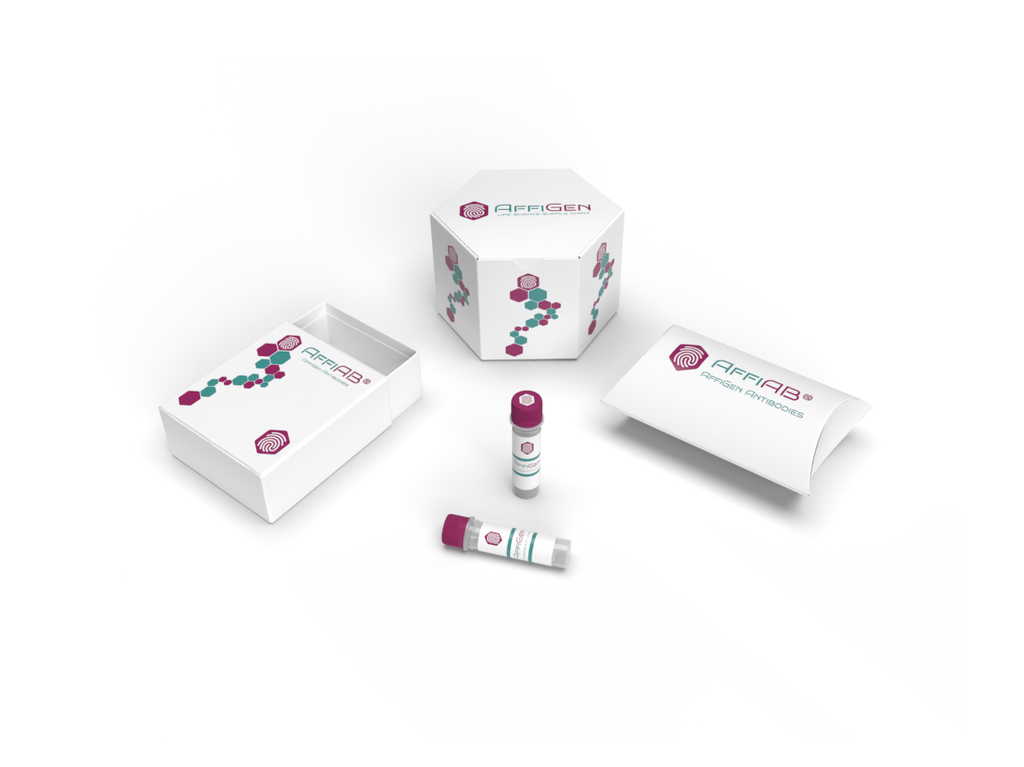AffiAB® Anti-OGG1 Antibody
DNA repair enzyme that incises DNA at 8-oxoG residues. Excises 7, 8-dihydro-8-oxoguanine and 2, 6-diamino-4-hydroxy-5-N-methylformamidopyrimidine (FAPY) from damaged DNA. Has a beta-lyase activity that nicks DNA 3' to the lesion. Defects in OGG1 may be a cause of renal cell carcinoma (RCC) . It is a heterogeneous group of sporadic or hereditary carcinoma derived from cells of the proximal renal tubular epithelium. It is subclassified into clear cell renal carcinoma (non-papillary carcinoma) , papillary renal cell carcinoma, chromophobe renal cell carcinoma, collecting duct carcinoma with medullary carcinoma of the kidney, and unclassified renal cell carcinoma.
Antibody type
Rabbit polyclonal Antibody
Uniprot ID
SwissProt: O15527 Human; SwissProt: O08760 Mouse
Recombinant
NO
Conjugation
Non-conjugated
Host
Rabbit
Isotype
IgG
Clone
N/A
KO/KD
N/A
Species reactivity
Human, Mouse
Tested applications
WB, IHC-P
Predicted species reactivity
N/A
Immunogen
Synthetic peptide within Human OGG1 aa 269-345 / 345.
Storage
Store at +4°C after thawing. Aliquot store at -20°C or -80°C. Avoid repeated freeze / thaw cycles.
Form
Liquid
Storage buffer
1*PBS (pH7.4) , 0.2% BSA, 50% Glycerol. Preservative: 0.05% Sodium Azide.
Concentration
1 mg/mL.
Purity
Immunogen affinity purified.
Signal pathway
Cancer
Recommended dilutions
WB: 1:500-1:2, 000
; IHC-P: 1:50-1:200
Molecular Weight
Predicted band size: 39 kDa
Subcellular location
Mitochondrion, Nucleus.
Positive control
F9 cell lysate, mouse kidney tissue lysate, human liver tissue, human liver cancer tissue, human kidney tissue.
